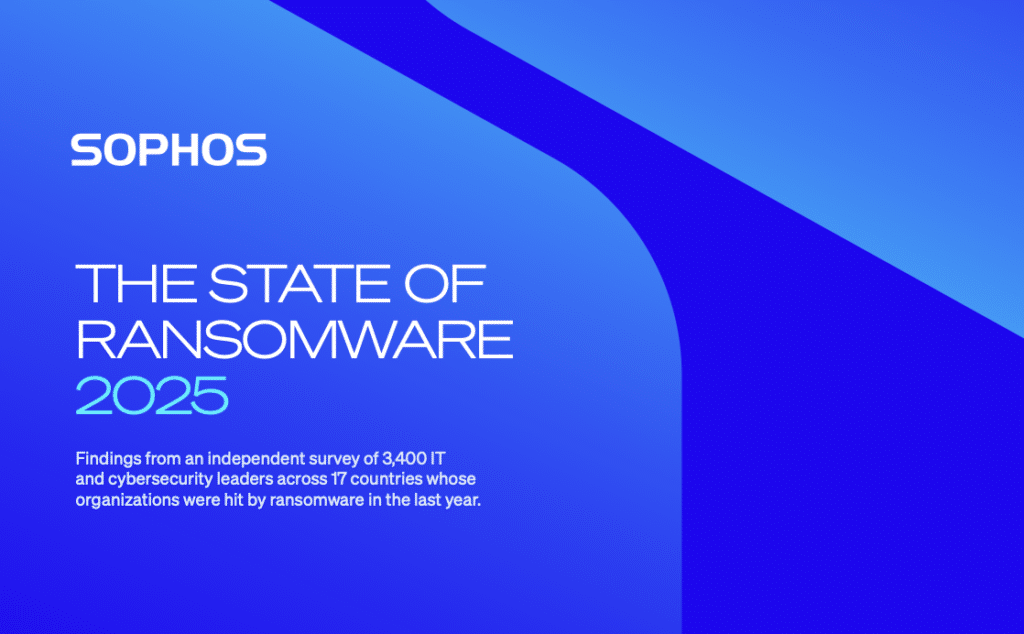The Importance of a Sustainable IT Business Model

Environmental, social, and governance (ESG) issues and strategies flood headlines daily, particularly sustainability issues. As we continue to innovate technology, we see how much more we can help the environment than was previously possible. As a result, the biggest culprits for polluting the environment – companies with a large carbon footprint – are being held accountable and the IT industry is no exception. Businesses must go beyond ‘greenwashing’ and ensure that their practices are truly sustainable to limit their impact on the planet.
We see an increase in requirements from the Government, stakeholders, employees, and consumers to comply with regulations and to do our part in the fight against climate change, all while ensuring our bottom line doesn’t waver.
The speed at which these innovations and requirements occur can deter leaders in business from switching to more sustainable business solutions. Overwhelmed and facing paralysis by analysis, they fail to keep up and fall behind competitors. ESG has now become a competitive component of business strategy. ESG-focused institutional investments will climb to 84% in 2026, reinforcing that investors, consumers, and employees have a sharp eye on business sustainability practices, especially within the technology sector. Private equity backed businesses can also expect to benefit from ESG programme implementation, with 50% citing better investment performance as a key reason to incorporate ESG.
Additionally, consumers are 88% more loyal to companies that support ESG practices, and 71% of employees and employment seekers find businesses with a sustainable focus more attractive. The bottom line is that implementing sustainable practices will lead to higher retention of employees, increased investment, and the attraction of top talent to businesses.

With this shift in focus, nearly 70% of CEOs plan to invest in new sustainable products or make current products more sustainable. In 2023, the tech industry will move faster on climate action than non-tech industries, with 73% of Tech C-suite executives hoping to reach net zero by 2030. The tech industry – unsurprisingly – is 40% more likely to take climate action versus a predicted 34% in other sectors. With technology being a primary driver in our ability to fight climate change and reduce carbon footprints, it is instinctive that our industry leads this action. As technology evolves, so should our ability and willingness to do more. No business has discovered a foolproof strategy to get it right 100% of the time, but a desire to educate yourself and the company on new technologies makes a difference.
When asking business leaders what technologies organisations were investing in to initiate sustainability – 19% stated digital and IT solutions. Businesses are now indicating they are looking to make investments by switching to more sustainable IT solutions. Sustainable solutions are now integral to the core tech stack. If your company has not invested in sustainable solutions, it will leave the business disadvantaged against competitors.
Even with persuasive statistics, there is a looming concern many business decision-makers have with implementing sustainable practices – the potential of additional costs. Leading some to believe it is counterintuitive for business growth – which isn’t the case.
According to a Gartner report, 4 out of 5 leaders see sustainability optimising and reducing costs, and 83% indicated sustainability programmes created both long and short-term value for their organisation. Value can take many forms; whether it increases your topline growth, mitigates risk for your company, or aids in an overall increase in productivity, these values are indispensable for effective business practices.
Businesses can implement sustainability within their business model by shifting to cloud computing, which according to Microsoft Corp., is 93% more energy-efficient than on-premise data centres. Businesses can refine current digital transformation strategies to ensure digitalisation wherever possible to reduce paper waste. Or even something as small as purchasing refurbished hardware, which allows for buying products in a new or like-new condition that can sell for 30 to 50 per cent of the price – without sacrificing quality. Leaders can also ensure partners have the same vision as the business regarding sustainable interest and action, allowing you to build your sustainable product offering to customers.
Remaining competitive in today’s market is an uphill battle for businesses. One of the most significant ways to showcase a competitive edge is by prioritising a sustainable business model and continually improving technological advancements. As business leaders, it should be a priority to encourage a more sustainable business culture by conducting research and educating ourselves on the implications of our current business standings. Espria has successfully utilised sustainability assessment tools to inform our next steps and those of our customers. We must invest in the changes we want to see, because not only is sustainability crucial for preserving our planet, but it is crucial for preserving your business’s success.
Learn more about our environmental, social and governance journey by reading our guide below:
You may be interested in
The 2025 State of Ransomware: Key Insights on Attacks, Costs, and Recovery
Ransomware continues to evolve — and so must our defenses. The State of Ransomware 2025 report from Sophos presents one of the most comprehensive views yet into how organisations around the world are being impacted by ransomware attacks. Based on an independent survey of 3,400 IT and cybersecurity leaders across 17 countries, the report explores how attacks are evolving, the operational weaknesses adversaries exploit, and the human and financial tolls that follow. Whether you’re building a cybersecurity strategy or assessing risk, this year’s findings offer crucial, real-world insights to guide your response. Key Findings from…
Outgrowing your MSP; businesses need a provider that scales with their growth
To stay competitive, business leaders must align with MSPs that deliver strategic value, drive innovation, and support to scale. Now firmly into 2025, it’s becoming clear what the year has in store for the IT landscape. For SMBs, the message is clear: business growth must be matched with smarter, more scalable managed services. The demand for cyber-resilient, cloud-first and AI-integrated solutions is no longer a forecast – it’s a reality already shaping business priorities. According to leading global technology market analyst firm Canalys’ MSP Trends 2025 report, the MSP model is transforming under growing pressure…
End of windows 10 support signal urgent action needed from UK organisations as cyberattacks continue to rise
Recent breaches at major UK retailers, combined with the approaching end of life of Windows 10, highlights a critical moment for IT resilience planning The recent wave of cyberattacks targeting major UK retailers has highlighted the growing security risks associated with organisations running outdated systems and applications and maintaining weak identity verification protocols. These incidents—particularly those involving Marks & Spencer and the Co-Op—have starkly exposed how vulnerable legacy infrastructure and insufficient access controls can be. In both cases, attackers successfully posed as legitimate employees and manipulated IT help desks into resetting internal passwords, ultimately gaining…
UK SMEs must fortify their cybersecurity against geopolitical risks, says Espria
A recent Sky News investigation highlighted an uptick in cyberattacks tied to the Iran conflict that are targeting businesses across multiple sectors. Speaking at the NATO Summit, Prime Minister Sir Keir Starmer urged UK businesses, regardless of size or sector, to prioritise cybersecurity and ‘take immediate steps to review and strengthen their defences.’ While the warning is timely in tone, businesses are already becoming targets of politically motivated cyberattacks, emphasising the need for heightened vigilance. “As tensions spread globally, threat actors will continue to exploit digital vulnerabilities, and neutral businesses may be caught in the…
End of windows 10 support signal urgent action needed from UK organisations as cyberattacks continue to rise
End of windows 10 support signal urgent action needed from UK organisations as cyberattacks continue to rise
Why Businesses Should Invest in ESG: Lessons learned by Espria
In today’s competitive landscape, Environmental, Social and Governance (ESG) performance is no longer just a “nice to have”—it is a critical business imperative. Companies that prioritise ESG are better positioned for long-term success, risk mitigation, and reputation enhancement. Today’s world demands more from companies than just financial performance. Customers want transparency. Employees want purpose. Investors want resilience. ESG helps businesses manage risk, seize new opportunities and build trust with the people who matter most. It is how you can stay competitive, stay responsible and stay relevant in a fast-changing world. A powerful case study of…





